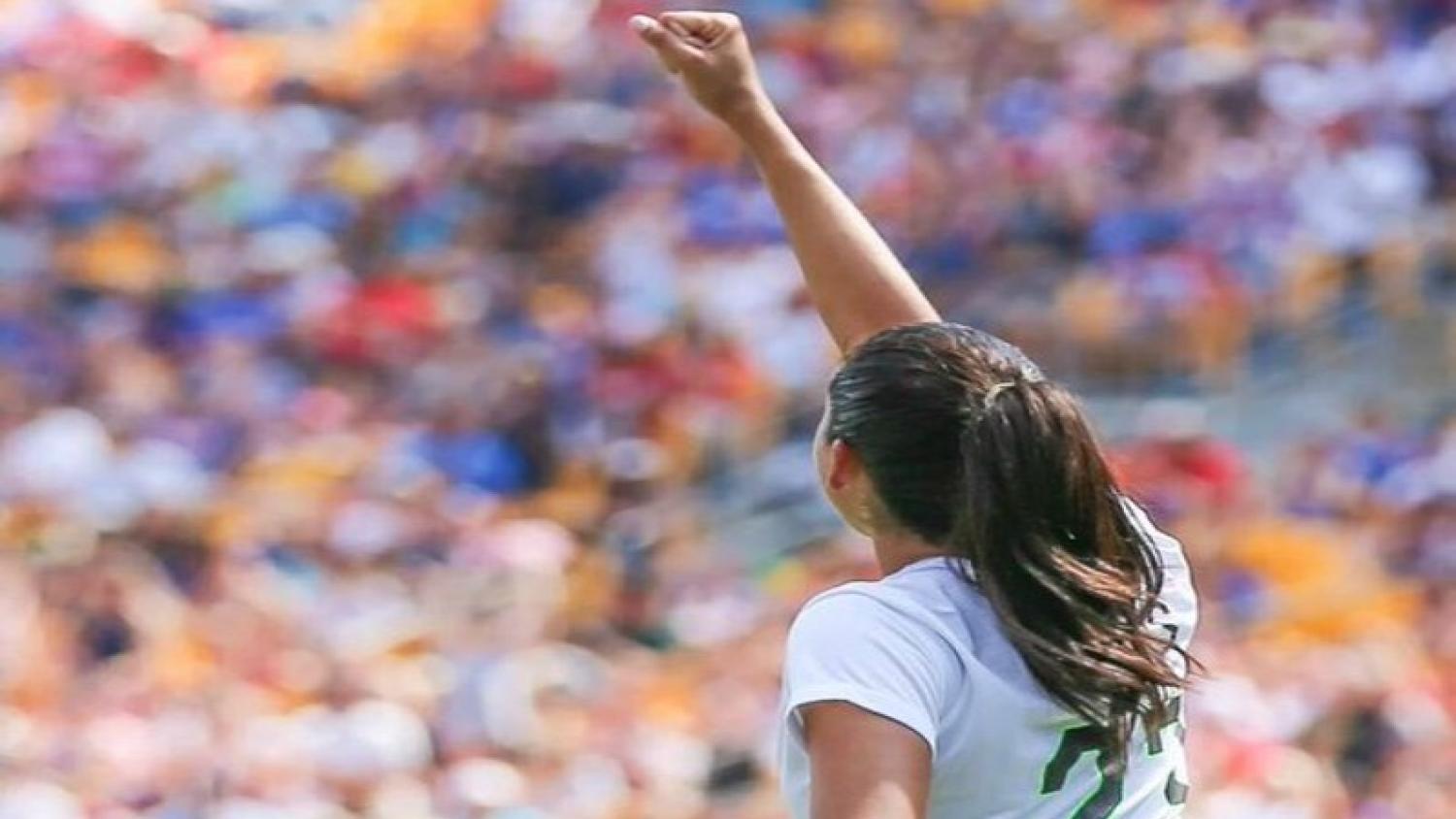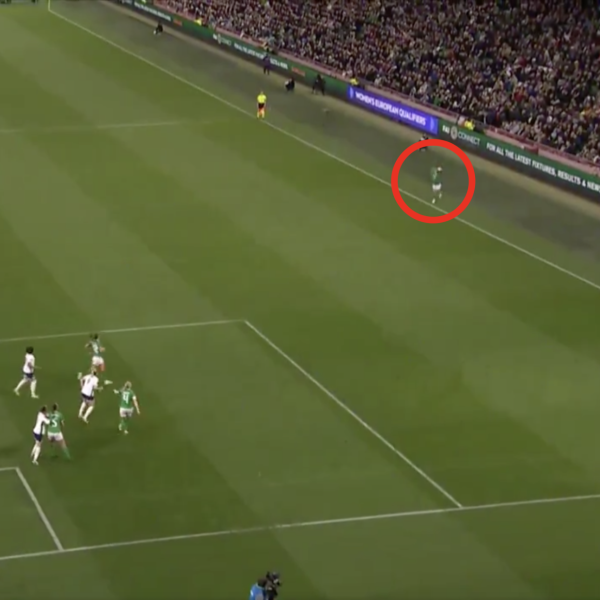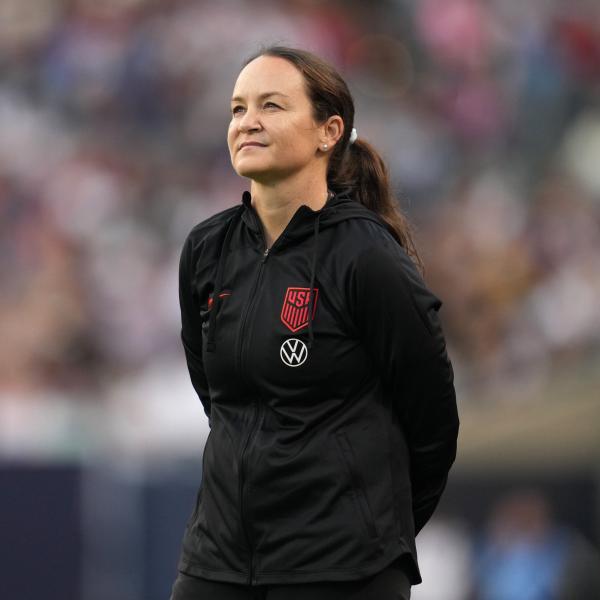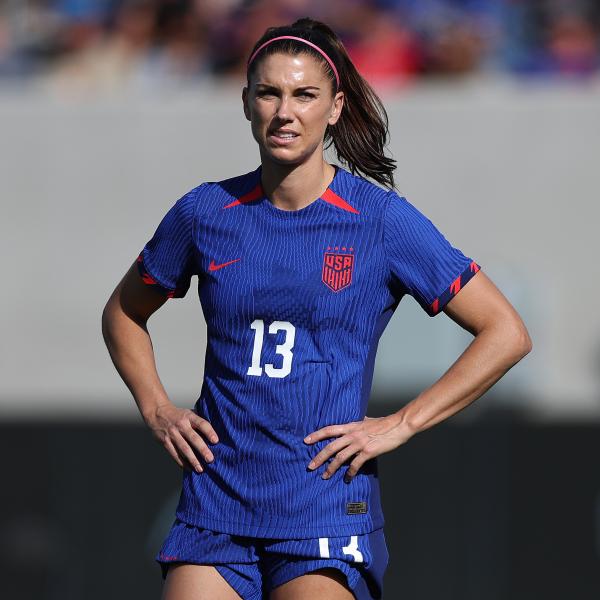The second FIFA women’s football and leadership conference featured rousing calls from both Billie Jean King and Moya Dodd for more involvement from women in finding solutions to the ills which plague FIFA.
FIFA’s culture, spearheaded by the chauvinistic Sepp Blatter and his old boys' network of archaic cronies, was exposed as inadequate and in need of an overhaul after being rocked by scandal after scandal over the past few years.
Tantamount to rebuilding the reputation of FIFA is introducing new and diverse ideas within the world’s football federation. It took 110 years for FIFA to finally place a woman on its executive committee, an abhorrent amount of time which FIFA must now take measures to rectify.
King, a former tennis star and promoter of gender equality in sport, proposed three significant steps towards ensuring that women “are part of the solution”.
- One-third of management level appointments should be women.
- The appointed secretary general should have “a proven track record of supporting gender equality.”
- Create a commercial strategy for the women’s game.
“Not only are these reforms the right moral path,” said King, “but they make smart business sense. The business of women’s football has a tremendous upside and it is FIFA’s obligation to invest in the assets needed.”
.@AbbyWambach calls 4 FIFA Women's Club World Cup. Annual international exposure at top end of the game #IWD2016 pic.twitter.com/5fig1iCVfQ
— moya dodd (@moyadodd) March 7, 2016
Moya Dodd, the vice-president of the Asian Football Confederation and an influential member of the FIFA executive committee, echoed these sentiments to newly elected president Gianni Infantino. “We’re part of the solution…we have a big brand problem and women are part of the solution for FIFA…you have a whole lot of people who would do anything to help women advance in football. There’s an army out there who will be your supporters, your workers, your foot soldiers, your champions, to make the game better.”
FIFA has already gone some way towards making their organization more progressive by passing reforms that will see the executive committee structure replaced by a FIFA Council of 36 members. All six confederations are obliged to appoint at least one woman on the council.
Sylvia Schenk, a sports adviser for Transparency International, sees a large significance in this upcoming reform: “The problem was the old boys’ network and so women are coming into it quite new. They have not been part of the old FIFA so that will help with the reputation in having a diverse body…it’s a big chance to be able to work with women, not only in the council, but at national and continental level…We need a girls network and then it’s up to all of us to help FIFA."
The FIFA women’s conference took place amidst the publication of a survey by the Women in Football organization in Liverpool. The survey revealed that “a majority of women working in football witness sexism at work and almost a quarter say they have suffered bullying and 15% report they have been victims of sexual harassment.”
Surveying coaches, match officials, players, doctors, lawyers and agents from all levels of football, the survey drew the damning conclusion of an “ingrained, systemic problem of sexist culture” within football.
A Women in Football spokesperson touched on this endemic inequality by saying: “It is difficult to think of many other industries which experience such cases, and have half of the women working in it saying they experience sexism, yet the football authorities are still not doing enough to address it.”
Fearful for their jobs and careers if they complain and unable to report the sexist discrimination or abuse to their superiors, there’s more than a considerable amount of work to be done in order to level the playing field for women working in the game.
While there are certainly more women involved in the game, both on and off the field, than ever before, the authorities and governing bodies are not yet doing enough to address the issues. 60% of respondents believed opportunities are improving for women in soccer, but 90% believed more could be done to increase their prospects.
Bringing football into the 21st century and striving to make it everyone’s game should be the primary responsibility of FIFA. The sport should be a representation of equality. To Infantino’s early credit, he’s saying all the right things. “We need to have targets and work on having even more women in the council,” said Infantino. “Let’s put ambitious targets and see where we get to and what we can achieve. You will certainly have passion and commitment from my side.”
The jury remains out on FIFA's latest president, but we are, at the very least, finally being allowed an open dialogue with the authorities of the world's game.
The #football rainbow ... Beauty through diversity at the FIFA World Football Museum pic.twitter.com/Bi39uk0kPx
— moya dodd (@moyadodd) February 25, 2016







